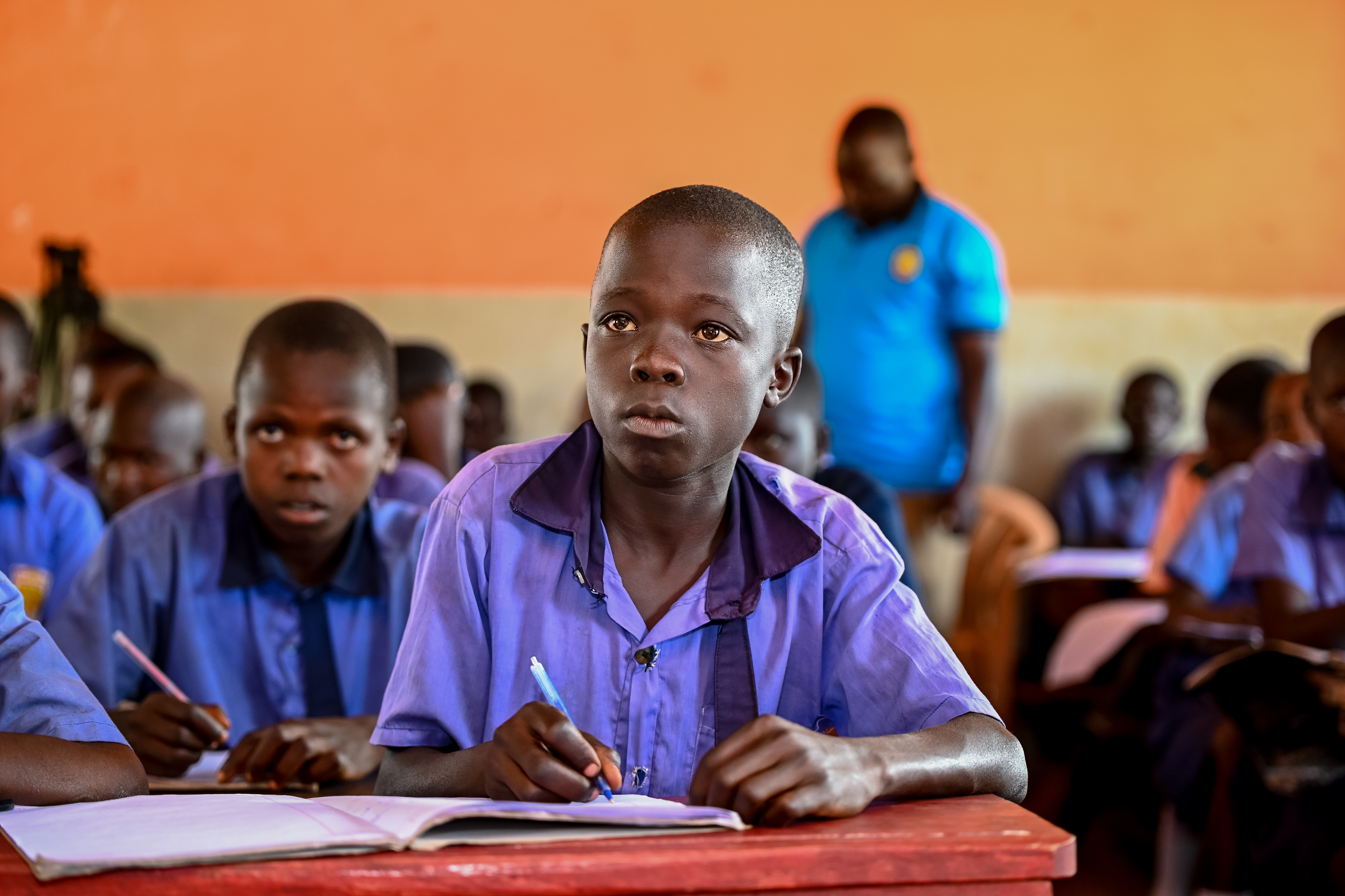Overview

Local-level actors are instrumental in ensuring the effectiveness, efficiency and relevance of education in emergencies response and results. Local actors are almost always first responders and are required to remain at the frontline, and at the forefront of recovery of resilience – leveraging their access, insight and influence in local communities and contexts.
The humanitarian architecture has an existing, enduring commitment to localisation. The Core Humanitarian Standard commits to humanitarian action that “strengthens local capacities”, the INGO Code of Conduct commits its adherents to assembling humanitarian response upon local capacities, and the Sphere Standards commit aid agencies to support local capacities by identifying, supporting and strengthening community-centered initiatives.
The 2016 World Humanitarian Summit advanced this through The Grand Bargain, which pledged to make humanitarian action “as local as possible and as international as necessary”. This included specific commitments by international actors to: increase investment in the institutional capacities of local actors; increase inclusion of local actors in international coordination architecture; and increase funding flows to local actors, including a global target to channel 25% of humanitarian funds to local actors by 2020.
Yet, a range of issues continue to affect local actors’ access to funding, including:
- The lack of funds made available and accessible to local actors, who aren’t able to gain the same levels and safeguards of access to flexible funds afforded to international actors
- The lack of access to information about funds due to lower levels of involvement or influence in the humanitarian architecture
- Little agency or autonomy over the use of funds, with limited allocations for organizational capacities or for core costs critical to sustainability
- Lower levels of resources required to meet donor due diligence requirements
- Prohibitive policies or frameworks affecting the transfer of funds to the local level

ECW’s Response
In recognition and response of the critical role of local-level actors in education in emergencies, ECW has announced the Acceleration Facility Fund to increase investments in local actors and local-level capacities, to be implemented in partnership with Street Child.








